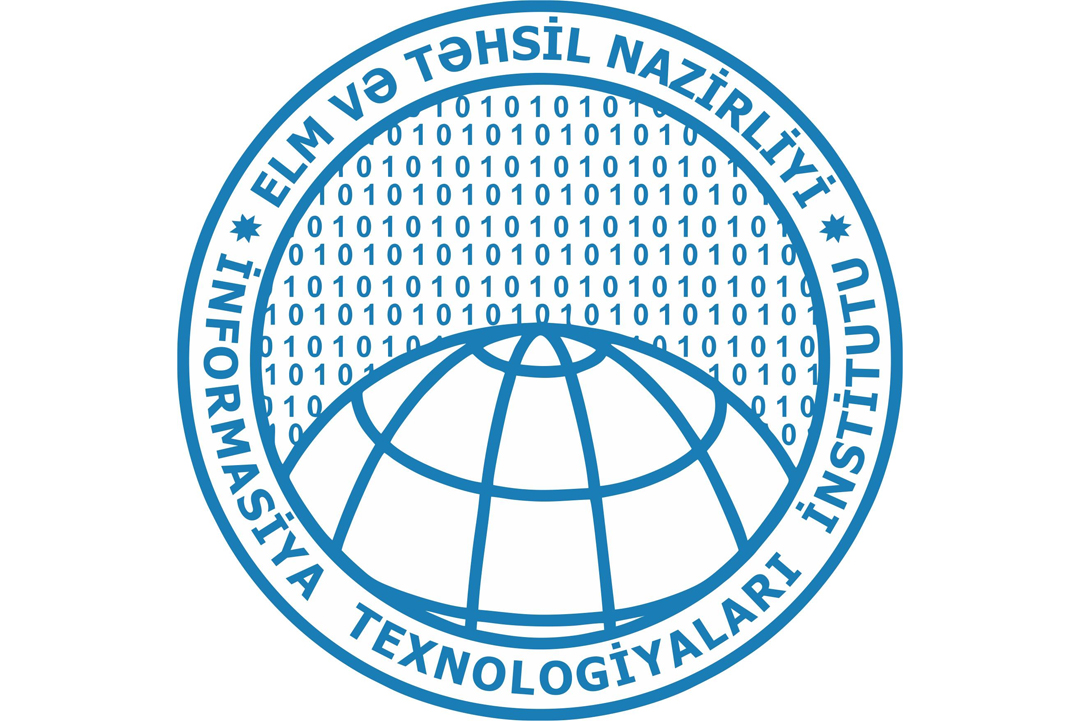NEWS
Optical disks are developed that can store up to 10 TB of data for six hundred years

Researchers from the Australian University of RMIT and the Wuhan Institute of Technology, China, have developed a radically new type of high-performance, high-capacity optical discs. One new disk is capable of storing up to 10 terabytes of data and securing this data for over six hundred years. The parameters of the new optical disk are four times higher than the information capacity of existing technologies and 300 times - according to the duration of information storage.
The basis of nano-optical recording and data storage technology is a new type of hybrid glass matrix, rather than the polymer one, which is used in current optical disks. This matrix is made with the help of the newest technologies, which make it possible to obtain glass and ceramics of higher purity and quality than any other technologies.
To create a nanoplasmon hybrid glass matrix, gold nanoparticles having an elongated shape were included in the material. Researchers have chosen gold not only because this metal is weakly susceptible to oxidation and destruction, gold is a type of metal capable of actively interacting with light because of which plasmons, clouds of vibrating free electrons appear on its surface.
The new recording system allows storing data in five dimensions, three conventional spatial dimensions and two additional measurements determined by the shape of the gold nanoparticles that are included in the volume of the optical disk and which form several separate information layers. For the recording and storage of information, the so-called multi-color coding technology is used, in which the aforementioned plasmons and a light polarized in a special way take part.
"The introduction of the technology developed by us will allow solving the problem of storing large amounts of information used in research in the field of astronomy, geology, biology and history in the future," says the researchers.
"Moreover, the new technology can survive the impact of high temperature, pressure and radiation, which will ensure the safety of data in any cataclysms of natural and technogenic origin."



